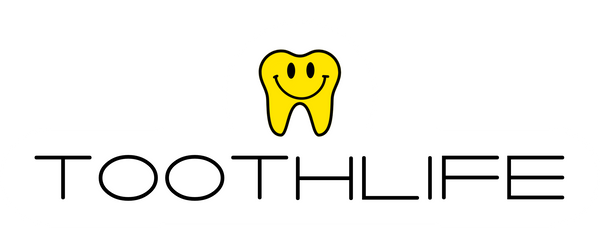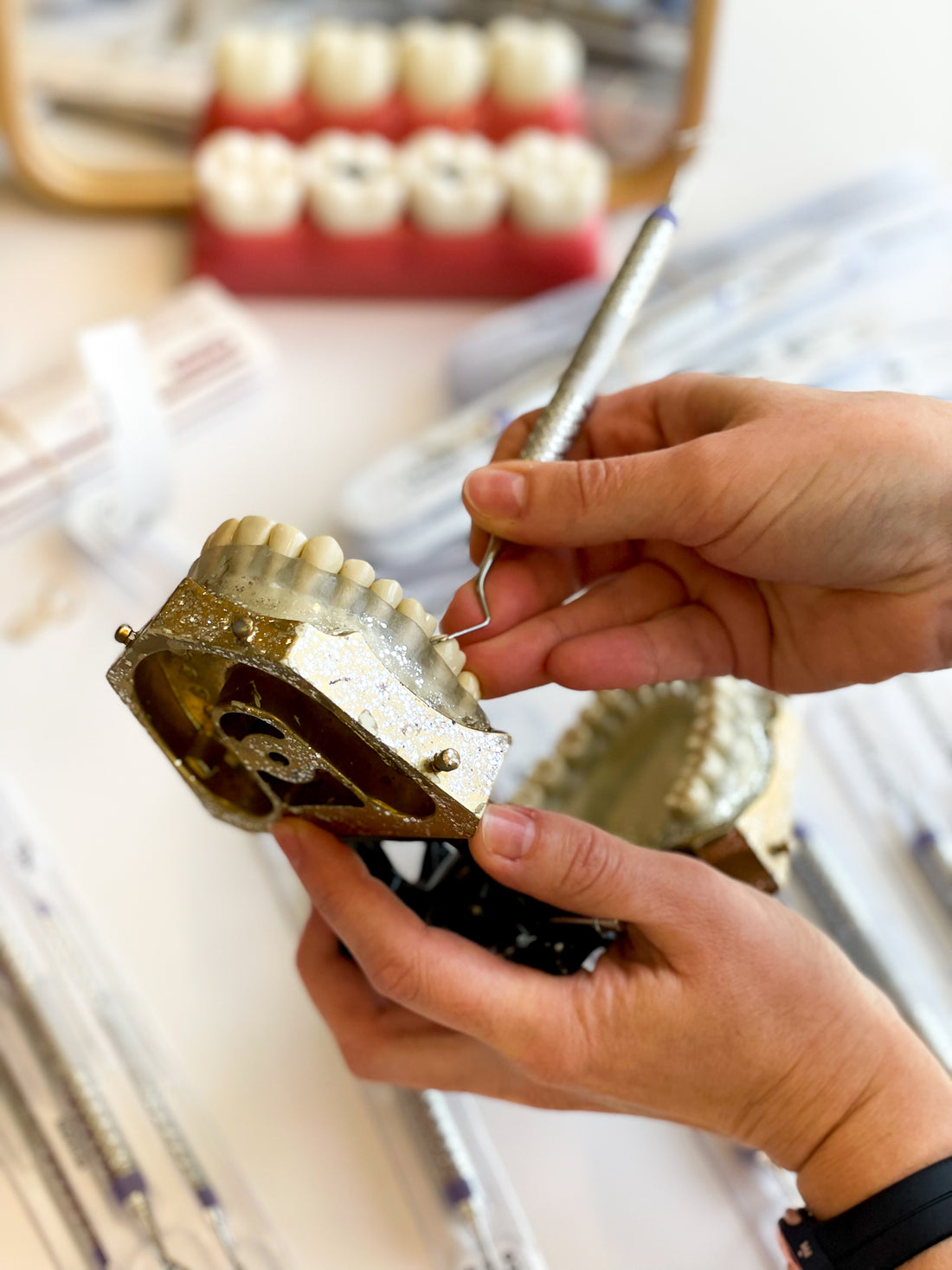Dear Dental Peeps.
Your girl Irene here reporting live from my operatory on another exciting year and for those of us in private practice, cool another September to navigate! As the summer sun fades away students are heading back to the classroom to dive into their studies and clinical work with renewed vigour I think we established clinicians owe it to them to share some insights on what habits to build early in order to prevent burnout and wellness concerns.
In this edition of our newsletter, we're addressing a topic that resonates with many in the dental field. Stress Management, Burnout, Coping with feeling inadequate and @Toothlife.Irene answers a very personal question about the joys of social media.
Whether you're a dental student, a new graduate, or a seasoned clinician the demands of dentistry can sometimes feel overwhelming. We've gathered valuable insights and strategies to help you prevent burnout, cope with work stress, and tackle imposter syndrome head-on.

I’ve felt this recently, and even as a clinician of longer than I’d like to admit, the reality kicks in that “HEY, you’re human!”. Being a robot in dentistry isn't an option. Sure, we work with cool tech and use this technology to minimize the physical work we do, but ultimately we are working with people attached to the head and neck, which requires connectivity, and with that feeling.
Feelings that don’t always turn off once we’ve put the scalers, handpiece or typodont down.
This week I took a social media break, the feeling of being overwhelmed hit pretty deep on many levels. The expectations to extend the best content, be the best version of myself all the while comparing myself to everyone else the algorithm thought I needed to be, should be or should be like.
Rule number 1 of this newsletter: You are perfect in your imperfections, and being as cool, weird, nerdy and wild as you are is enough.
Rule number 2 of this newsletter: Always listen to rule number 1.

Preventing Burnout
School and the early years of your career can be incredibly demanding. I’ve been an RDH for longer than Grey's Anatomy has been on the air, and I’ll confirm that it doesn’t get any easier.
The constant pressures to keep up, do more and be more efficient while bringing in more production at times seems daunting.
I’m a fan of burnout management in the form of prevention. Here are a few strategies to consider:
Self-Care
Get that manicure, go for that massage, romanticize the walk to the supermarket to get your favourite snack, take the bath with the cute bath bombs and put on that overpriced Sephora face mask… because you deserve it!
Prioritize self-care right it into your day and make it be of high value because YOU are of high value. You can’t be your best with your patients if you aren’t physically at your best.
Think of it like a professional athlete: they practice, train, compete, then recover. Their trainers structure these elements into everyday in order to get the best output and performance. You’re an athlete in a way. You use your body in the most interesting positions to reach the distal of teeth we wish were extracted.
Exercise
Regular exercise is essential for maintaining physical and mental health. I often use things like meditation programs at night on my phone to help turn my brain off. I find myself sometimes staring at the ceiling, thinking about everything I did, need to do or have to do tomorrow.
I’m also a big fan of using the Peleton app. If you want a friend on there, find me @toothlifeirene! If you’re not already on it, here’s a 60 day free trial of the Peleton app to get you started!
Sleep
Get your ZZZ’s! I’m the girl who will reply to your 10 p.m. text message at 6 a.m. the next morning (unapologetically). Rest is the most important battery charger and it can really make a difference when you level up that 5 hour sleep to a 7-8 hour sleep.
A board-certified physician in internal medicine and Faculty at NYU Medical school, Dr. Sabrina Felson, MD stated that “School-age children (ages 6-13) need 9-11 hours a day. Teenagers (ages 14-17) need about 8-10 hours each day. Most adults need 7 to 9 hours, although some people may need as few as 6 hours or as many as 10 hours of sleep each day. Older adults (ages 65 and older) need 7-8 hours of sleep each day.”
The Peloton app also has sleep stretches you can do right from your bed. Feels weird at first but trust me, they feel amazing!



Sleep Tips
Here are the top 5 things you can do to help improve your sleep according to the CDC:
- Be consistent. Set a timer on your devices to send you to sleep mode, and turn off notifications at least an hour before bed to give yourself permission to disconnect. On an iPhone, this can be programmed in. There are ways for people to bypass your sleep mode if they really need you urgently, so don’t worry, they CAN get to you if they need you desperately.
- Get cozy. Make sure your bedroom is quiet, dark, relaxing, and at a comfortable temperature. The best room temperature for sleep is approximately 65 degrees Fahrenheit = 18.3 degrees Celsius.
- No distractions. Remove electronic devices, such as TVs, computers, and smartphones, from the bedroom; anything with a blue light can disrupt sleep patterns.
- Stay balanced. Avoid large meals, caffeine, and alcohol before bed.
-
Get some exercise. Daily physical activity can help with sleep and mood-boosting by filling you with endorphins and releasing adrenaline and cortisol.

Time Management
Develop effective time management skills. Use tools like calendars and to-do lists to organize your tasks efficiently. We’ve created a few new resources that can help with this! A velvety notebook—lined, dotted grid or blank to suit your planning style; a weekly planner to help you map out your week at a glance; and a daily planner and “tooth-do list” to keep you on track day by day.
We’ve also made our physical planners available as downloadable resources to help you quickly navigate the bigger picture. Use the code FREESOURCE to grab our digital daily planner FREE through September 29!


